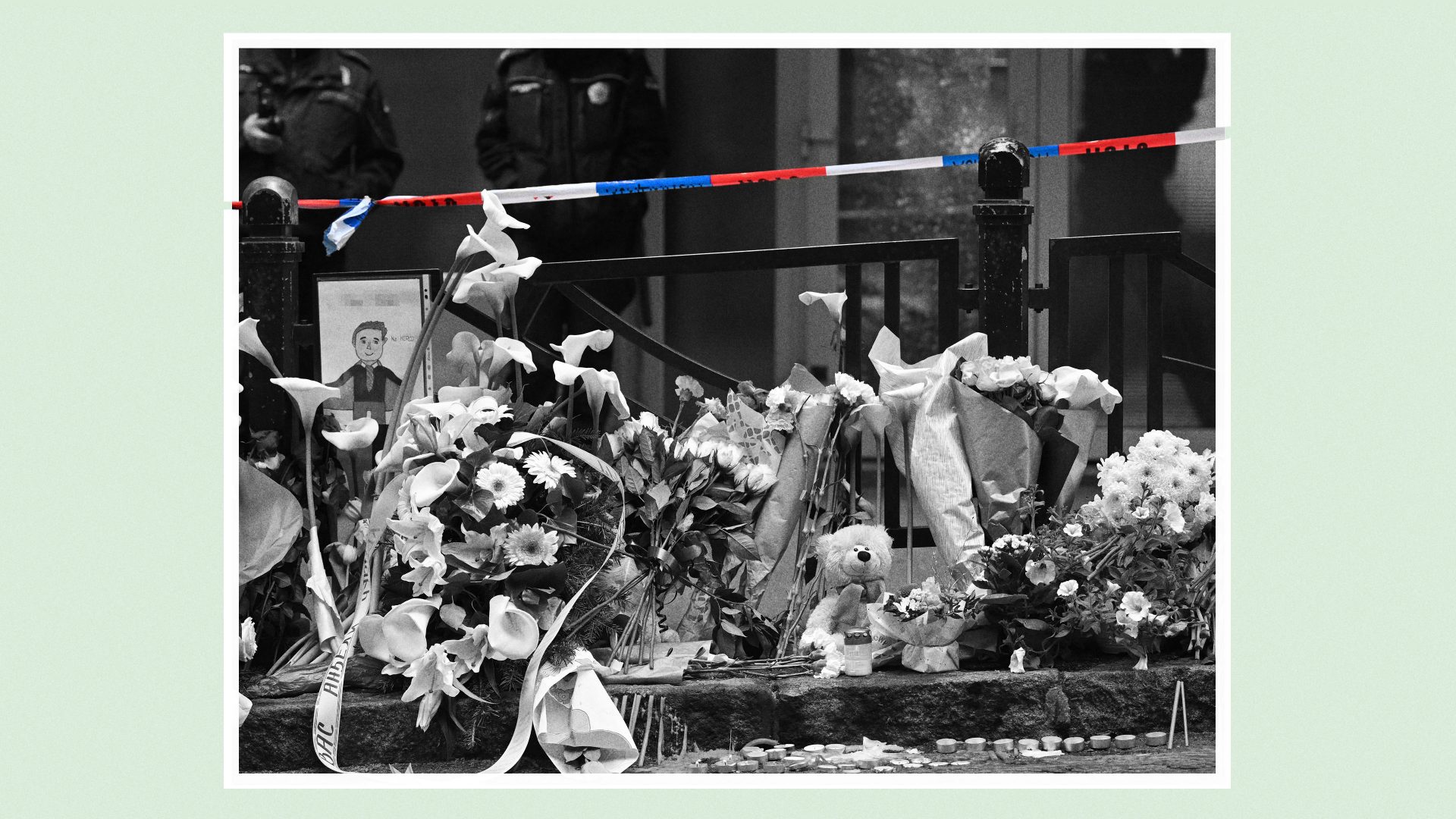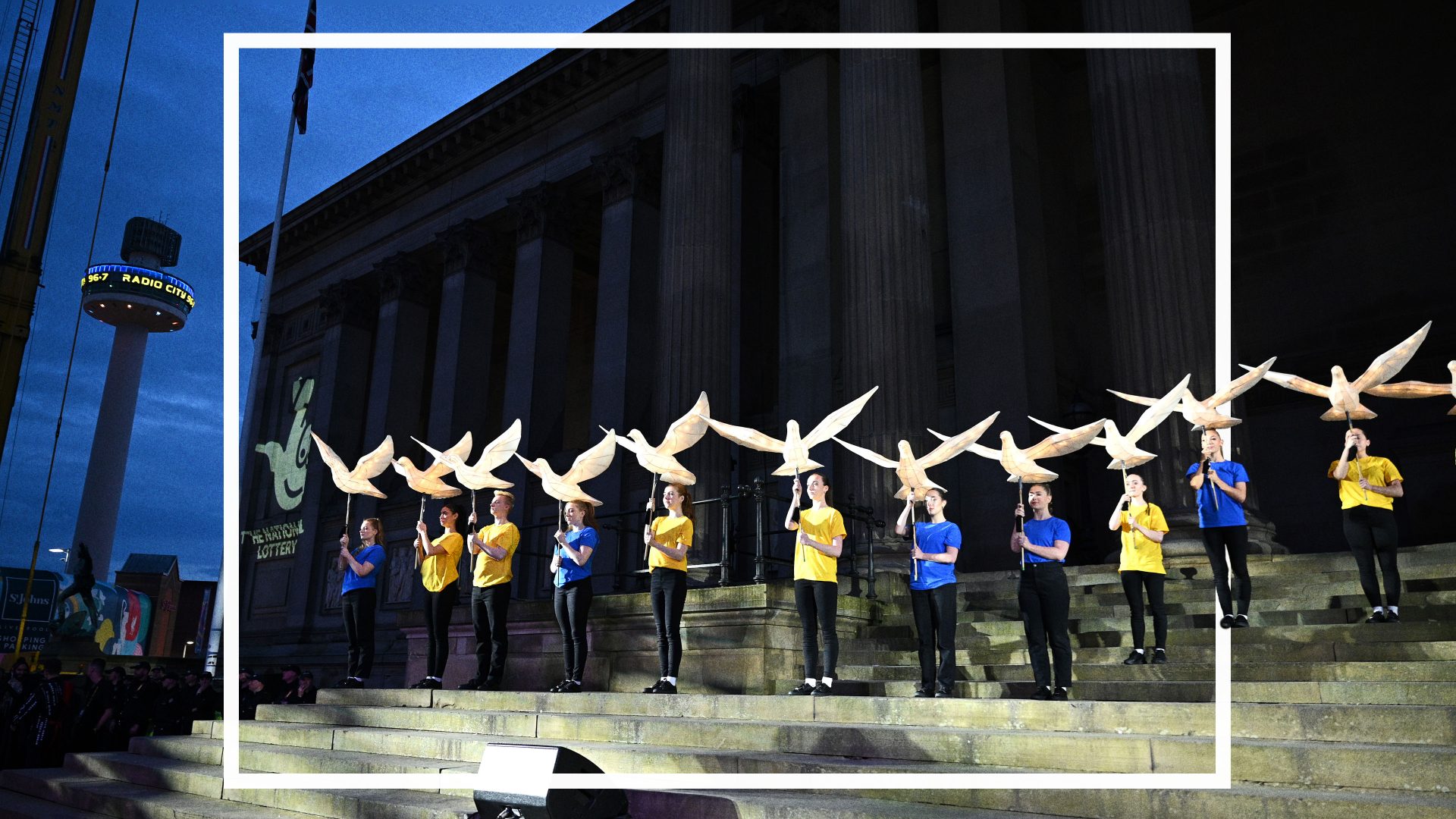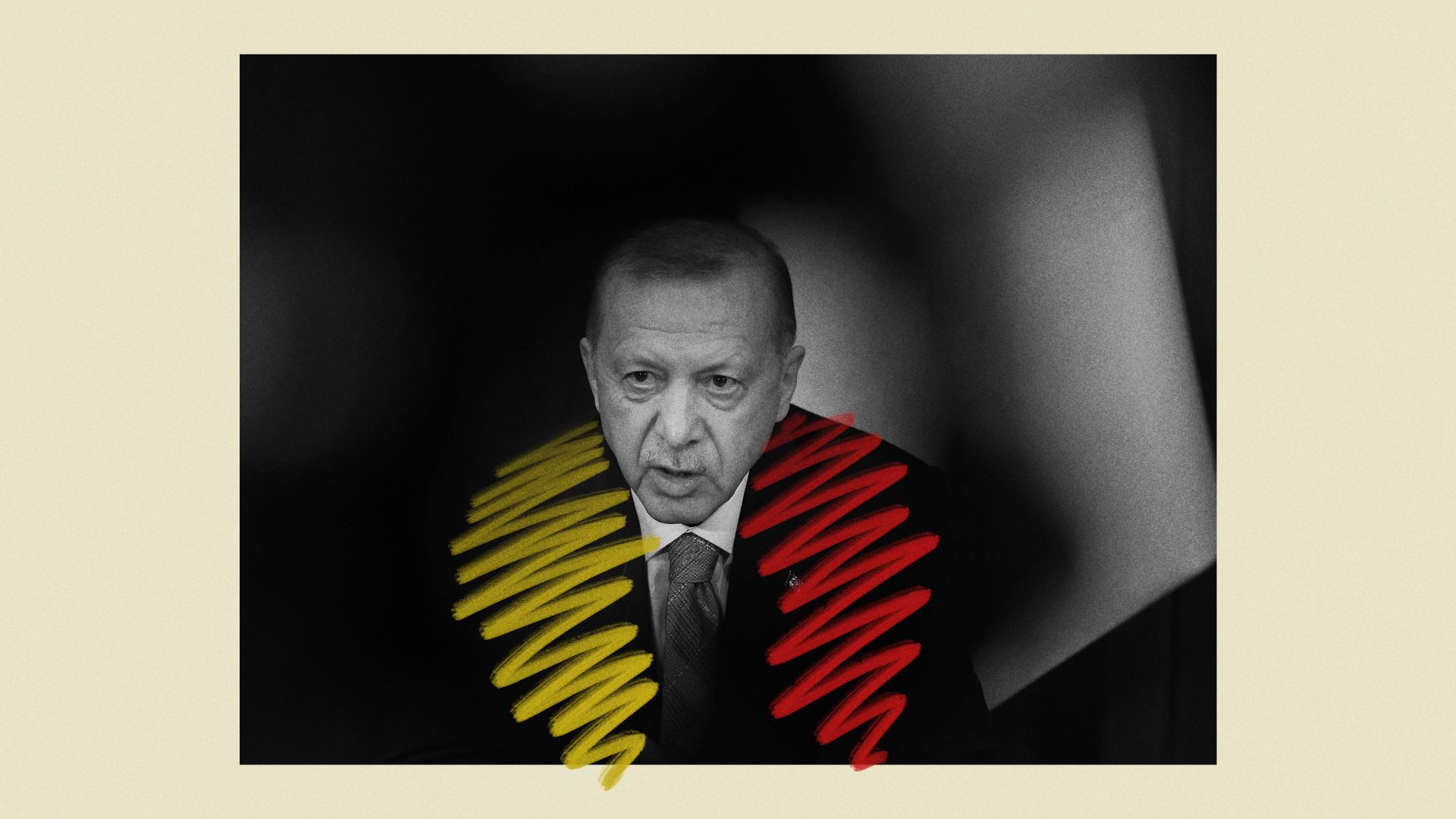The whole of Europe now knows the story of two Serbian tragedies. In the course of 48 hours, our country suffered two mass shootings. The first was at a school in Belgrade. A day later there was another, in a village 37 miles south of the capital.
The school shooting was on Wednesday, after a two-day break for the Labour Day holiday. A 13-year old at Belgrade’s Vladislav Ribnikar elementary school had two guns, four magazines with 18 bullets each, four Molotov cocktails, a school map and a “target list”. He shot dead eight children and a school security guard. Another six pupils were badly injured, along with a teacher.
The country was still frozen in horror when, on Thursday evening, a 21-year old used a Kalashnikov to kill eight people and wound 13 others, in a series of drive-by shootings in three villages. When police arrested him, they found more arms at his home.
What has happened? How can it have happened? Who is responsible? Why? All these questions are buzzing through Serbia as we try to rationalise the irrational.
While our society has still not recovered from the 1990s war – we still deal with a history of war atrocities and a large number of leftover weapons – mass shootings are rare in Serbia.
Branko Ružić, the education minister, said that “western values” were to blame for the attacks. Other self-appointed “experts” on social media started their own hunt for culprits, making a Rorschach test of Serbian society, where everybody sees their preferred answer.
When conservatives blame “western” values for the problems faced by Serbian society, they are talking about reality shows and social media, feminism and LGBTQ+ rights. For liberals, the reasons for our social decline lie in Serbia’s nationalistic past, in our tendency towards machismo and in Aleksandar Vučić’s current authoritarian regime. In response to these twin outrages, Vučić has suggested reducing the age of criminal liability from 14 to 12. He has also proposed several other reforms, announcing the “complete disarmament of Serbia”, a tightening of the rules on entering shooting ranges, increasing the number of police in schools, and also imposing drug tests in schools.
You can never know why a specific person carried out a specific act. But you can still ask the broader questions. Who are we? What are we becoming? Has our society somehow become a fertile soil for psychopaths? Have the ruthless competition, the political power plays and the acceptance of bullying as an indicator of social status created a new norm?
Selective empathy, the elevation of superficial public image over substance, the failure to support those in need – is that who we are?
On Friday, Serbia began a three-day period of mourning for the victims. We should embrace the silence in these moments. We should try to be calm at least for a few days. We must try to reflect, and to learn.



